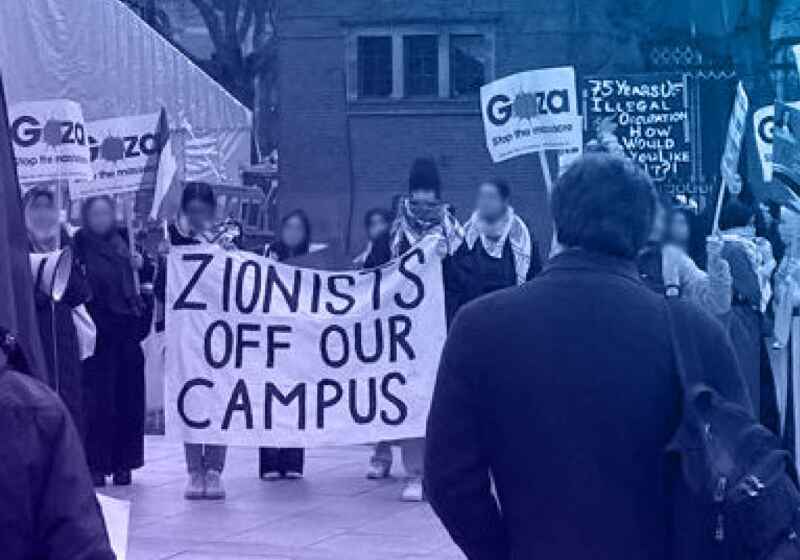CST Blog
CST launches 'A Guide to Fighting Hate Crime'
10 March 2011
CST, supported by the Home Office, today publishes a new guide to help other minority communities establish their own hate crime monitoring systems.
A Guide to Fighting Hate Crime was written by CST with the help of a grant from the Home Office Victims Fund. CST has recorded antisemitic hate crimes on behalf of the Jewish community since 1984, and became an official Third Party Reporter of hate crimes to the police in 2001.
The booklet includes guidance on defining and recognising hate crimes; how to respond to different types of hate crimes, such as assault, abusive graffiti or hate-mail; forming partnerships with the Police and other agencies; supporting victims; and examples of report forms that can be photocopied and used to record hate crimes.
The guide was officially launched at CSTs annual dinner in London on 2nd March. The guest speaker at the dinner was Prime Minister David Cameron, who was joined in launching the booklet by Conservative Party Chairman Baroness Warsi; James Brokenshire MP, Parliamentary Under Secretary of State for Crime Prevention; and CST Chairman Gerald Ronson.
James Brokenshire MP, Parliamentary Under Secretary of State for Crime Prevention, said:
Hate crime is totally unacceptable.
The government is committed to ensuring that everyone has the freedom to live free from fear of hostility or harassment.
This guide imparts many years of CSTs valuable experience in successfully fighting hate crime and I hope it benefits other communities who find themselves targeted.
Richard Benson, Chief Executive of CST, said:
The Jewish community in Britain has long recognised the need for a strong response to hate crime, as part of our commitment to fighting all forms of bigotry in our society. It is CSTs hope that this experience in tackling hate crime can help other communities throughout the country.
Assistant Chief Constable Drew Harris, hate crime lead for the Association of Chief Police Officers (ACPO) said:
CST is an excellent example of an effective body that has been able to form a true partnership with Police colleagues and to inspire confidence in communities. I believe they are one of the best examples of a Third Party Reporting structure and would provide an excellent model for emerging groups to emulate.
The guide can be downloaded from the CST website (pdf) or hard copies are available from CST on request.




